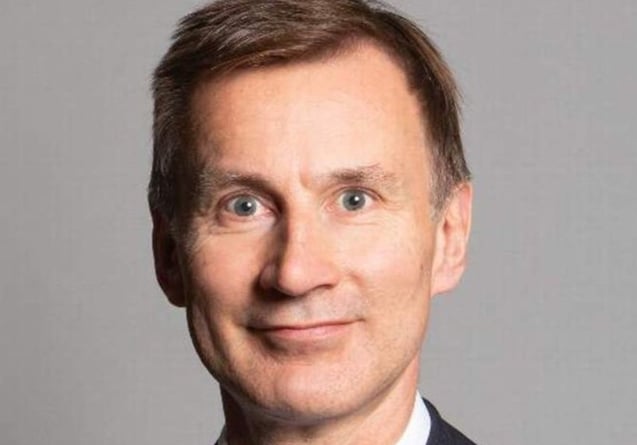BILL CLINTON once told me the key thing was to look not at the headlines but the trendlines.
It’s a useful exercise when it comes to working out what is happening in Ukraine. It can help us understand, in particular, how much of what Putin is doing is bluff and how much is genuinely a prelude to an invasion.
The headlines tell us 100,000 Russian troops are poised to invade its democratic neighbour. The trendline tells us this is part of a well-worn pattern of expansionism: do something outrageous, expect a bit of huffing and puffing from the West, wait for it all to calm down and then bank your gains. That is what happened after the murder of Alexander Litvinenko in 2006, the invasion of two provinces of Georgia in 2008, the invasion of Crimea in 2014 and arguably the poisoning of Sergei Skripal in 2018 – at least if you look at the entire European response rather than Britain’s which was admirably robust.
Russia is not economically strong, with a GDP the size of Spain. But it knows how to punch above its weight, exploiting hesitation and weakness in its opponents. When you look at the pattern – the trendline – surely the answer is the Russians will do whatever they think they can get away with without having to put up with any long term consequences.
How we should react is then also very clear: the price of an invasion must be too high to be bearable. And if an invasion happens I believe it will be: despite a disastrous error in Afghanistan, President Biden seems to understand this.
Our own Foreign Secretary Liz Truss has been equally robust. Exactly how the West would make Russia pay that price is necessarily not all public and there are critical unresolved elements such as the current German support for the Nordstream 2 pipeline. Even now the Russians have succeeded in uniting NATO and refocusing the United States on Europe in a way they surely did not predict or want.
But we need to be as good as our word. The one disastrous mistake we could make now would be to reward Russian aggression with a diplomatic concession – say on future Ukrainian NATO membership – that allows them to think it has been worth it. Any reward will simply encourage a repeat.
But there is another trendline we should be considering as we make these calculations. Just how well are democracies and open societies doing in the global battle of ideas? Not achieving your diplomatic ends by force was a key part of the 1941 Atlantic Charter signed by Churchill and Roosevelt and underpinned the foundation of the United Nations after the war.
The number of free countries is measured carefully by the respected US think tank Freedom House. Following the fall of the Berlin Wall they increased from just over a third to just under a half of all United Nations members. But since 2005 that number has declined every single year. Hesitant and occasionally isolationist leadership from the United States has combined with the rise of China, whose economic growth – for now – seems to bely the old assumption that you have to be free to be rich.
That is why, irrespective of Taiwan, our reaction to what happens in Ukraine is vitally important. If we continue to appear as impotent as have been, developing countries will start to conclude that autocracy is a more effective model than democracy.
African countries that have been increasingly suspicious of Chinese investment will start to reconsider. Many such countries are at a point of development where important benchmarks such as media freedom are in the balance: they could follow Ghana and learn to live with the healthy scrutiny a free media brings. Or they could follow Uganda and stamp it out.
Even if leaders understand the long term benefits of being a free and open society, they worry about the short term costs – often to them personally. They want to know they will be supported by Western countries proud and confident in our own values.
That is why the signals we send in situations like Ukraine – itself a fledgling democracy – are so important. What happens next in Africa, Asia or South America will be profoundly influenced by events in Ukraine as President Putin knows well. There was a golden period of 30 years after the fall of the Berlin Wall when open societies were the unquestioned winner: now, just as during the Cold War, we are once again going to have to make the argument for the principles we believe.




